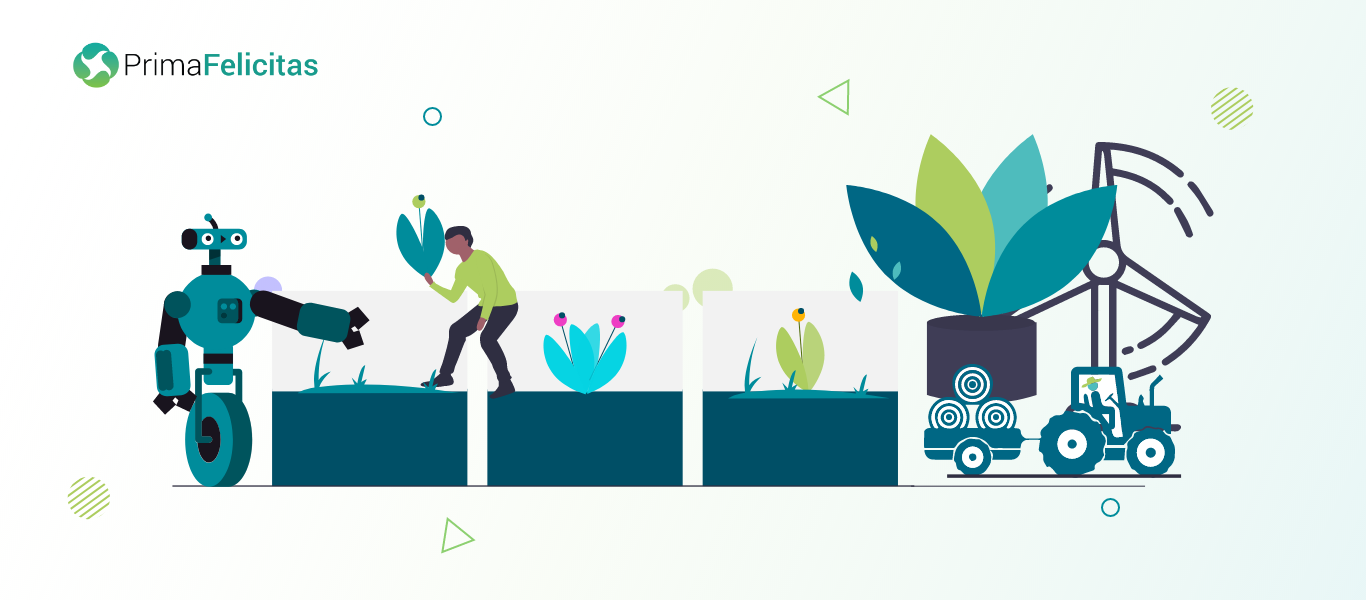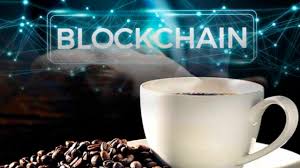In a world where consumers are increasingly demanding sustainable products, the agricultural sector is facing a critical transformation. With the rise of environmental, social, and governance (ESG) principles, the industry is turning to innovative technologies like blockchain, artificial intelligence (AI), and the Internet of Things (IoT). This article explores how these technologies are reshaping agriculture and why you should care about this evolution.
Understanding the Basics
Key Terms:
- Blockchain: A secure and transparent way to record transactions and trace the origin of products.
- AI: Technology that simulates human intelligence to analyze data and offer solutions.
- IoT: Devices connected to the internet that collect and share data for better decision-making.
Why This Matters
- Sustainable Demand: Consumers want to know where their food comes from and how it’s produced. They prefer products that are ethically sourced and environmentally friendly.
- Strict Regulations: Governments are implementing more rules to ensure sustainability in agriculture, making it essential for farmers to adapt quickly.
- Empowering Farmers: Technologies like blockchain can give farmers in developing countries better access to financial resources, helping them grow their businesses sustainably.
How Blockchain Helps Farmers
- Traceability: Farmers and retailers can track products from farm to table. This transparency not only improves food safety but also helps consumers make informed choices.
- Financial Solutions: In places like Kenya, farmers often struggle with cash flow. Blockchain technology allows for trade finance solutions, providing loans that help farmers get the cash they need upfront while they wait for their products to sell.
- Real-World Applications: For example, Dimitra, a tech company, uses blockchain to help Indonesian coffee farmers meet European traceability requirements and support carbon initiatives in Ethiopia to combat deforestation.
Data-Driven Sustainability
- Using Technology for Better Practices: IoT devices, drones, and AI gather valuable data that farmers can use to improve their crop management. For instance, sensors in the soil can help farmers understand how much fertilizer to use.
- Carbon Credits: Farmers can participate in carbon credit programs, which reward them for sustainable practices. However, navigating these programs can be complicated, especially for smallholder farmers. Dimitra aggregates their efforts, making it easier to sell carbon credits and earn additional income.
Facing the Future
- Regulatory Pressures: New regulations, like the EU Deforestation Regulation, require farmers to prove their products aren’t linked to deforestation. Blockchain can help document their efforts and ensure compliance.
- Educational Initiatives: As the technology landscape evolves, education is crucial. Dimitra collaborates with universities to integrate new technologies into agriculture, paving the way for innovative solutions.
Why You Should Build Knowledge in This Field
- Career Opportunities: The agriculture sector is ripe for innovation, meaning there will be a growing demand for professionals skilled in blockchain, AI, and IoT.
- Making a Difference: By understanding these technologies, you can contribute to a more sustainable world, ensuring that agricultural practices are better for the environment.
- Staying Ahead of Trends: As technologies evolve, staying informed will give you a competitive edge in various industries, not just agriculture.
Conclusion: Be Part of the Green Revolution
The agricultural sector is undergoing a transformation that emphasizes sustainability through technology. By learning about blockchain, AI, and IoT, you can play a part in this exciting journey. As farmers adopt these innovations, they’ll not only improve their livelihoods but also contribute to a healthier planet. Embrace this opportunity to build your knowledge and be part of a future that values sustainable practices and responsible consumption.



